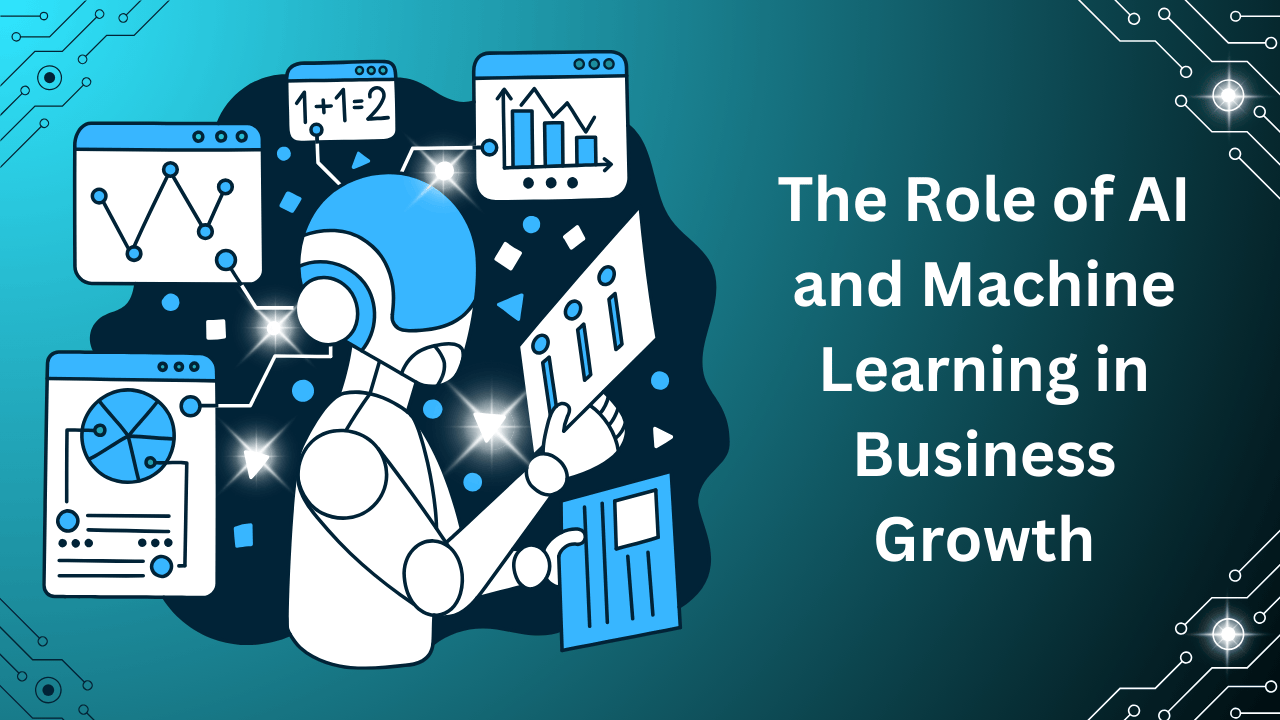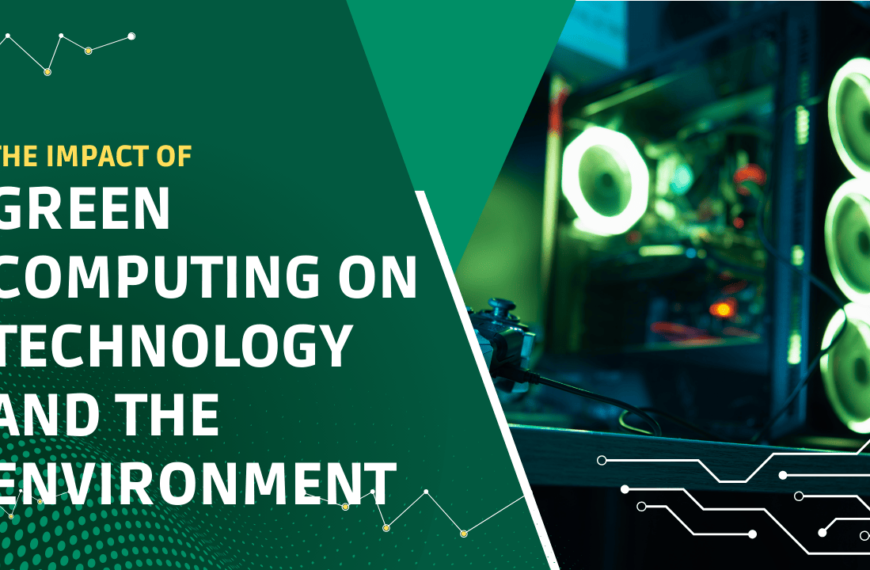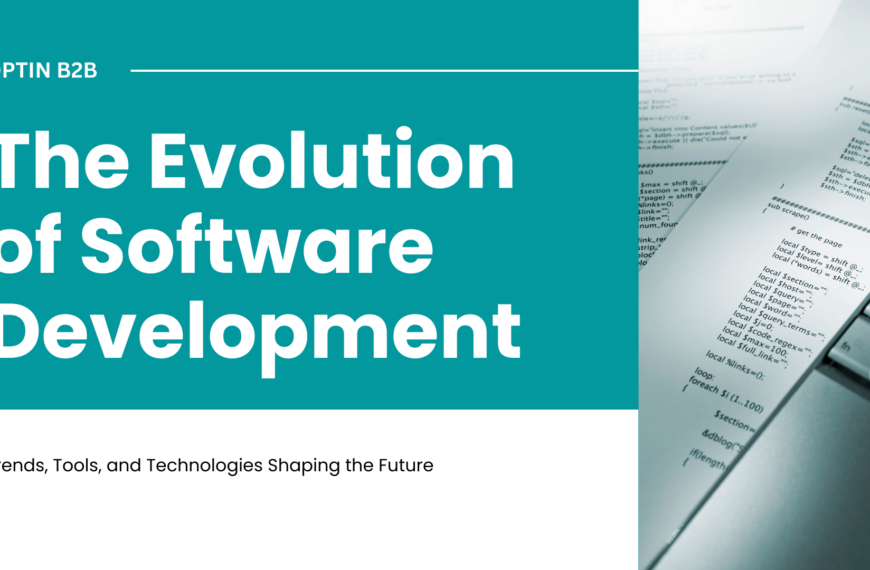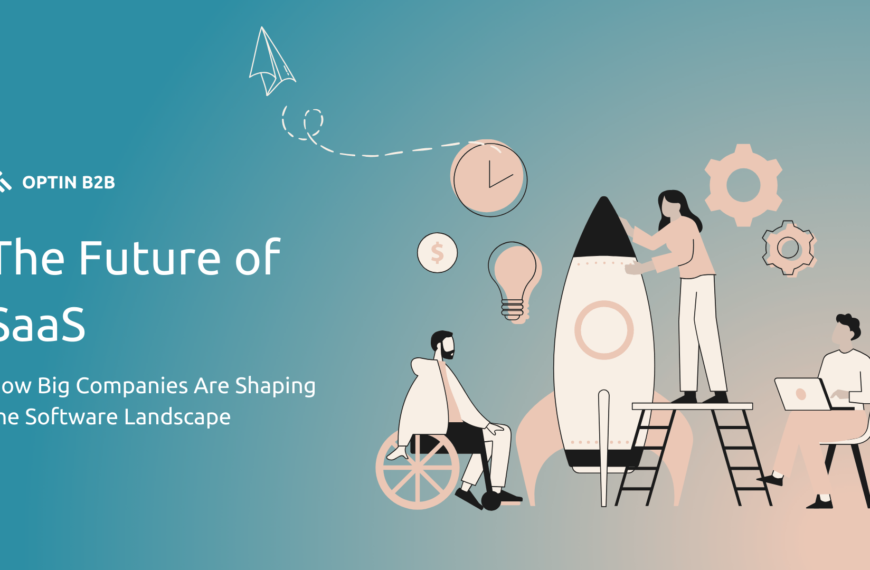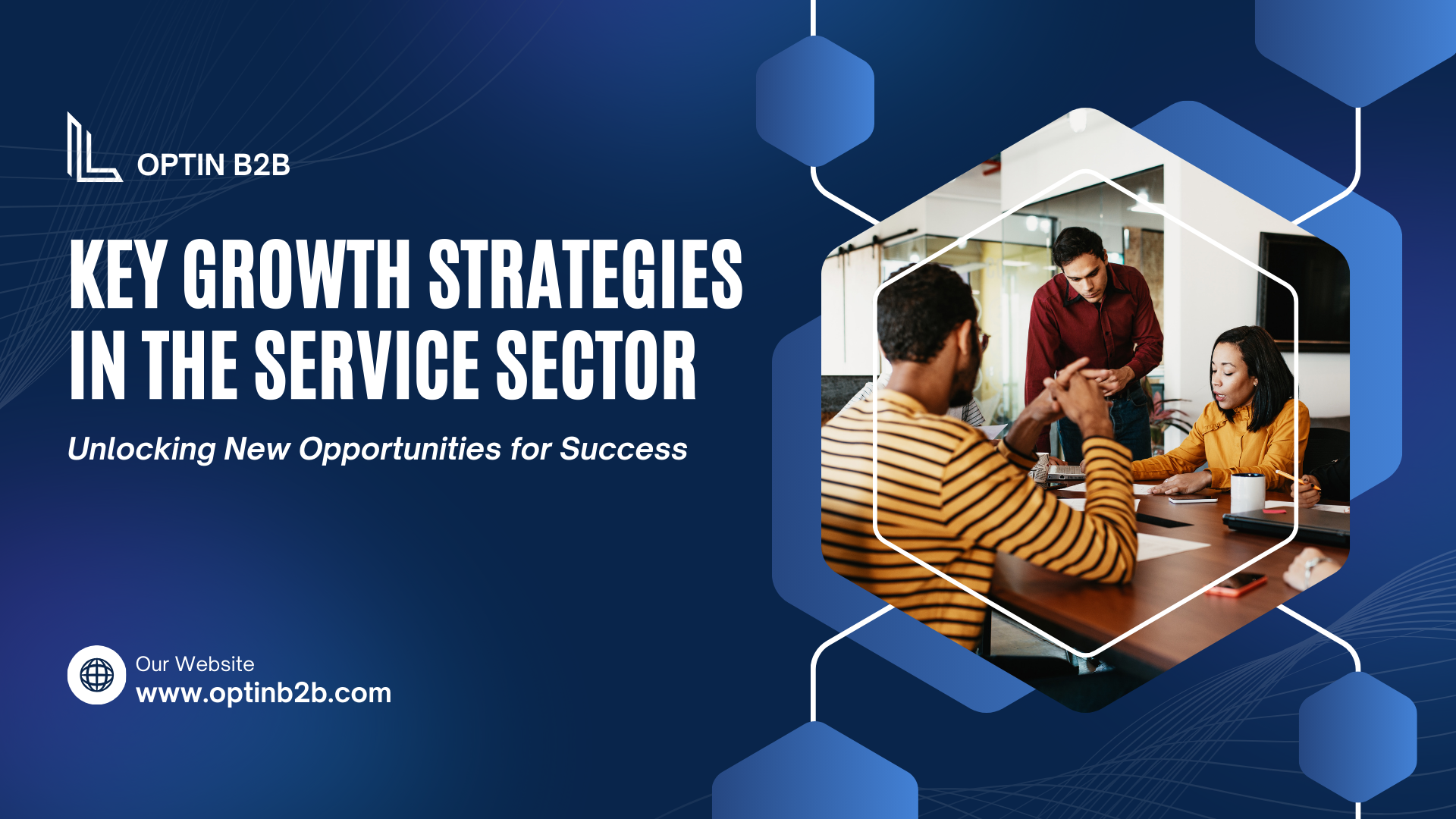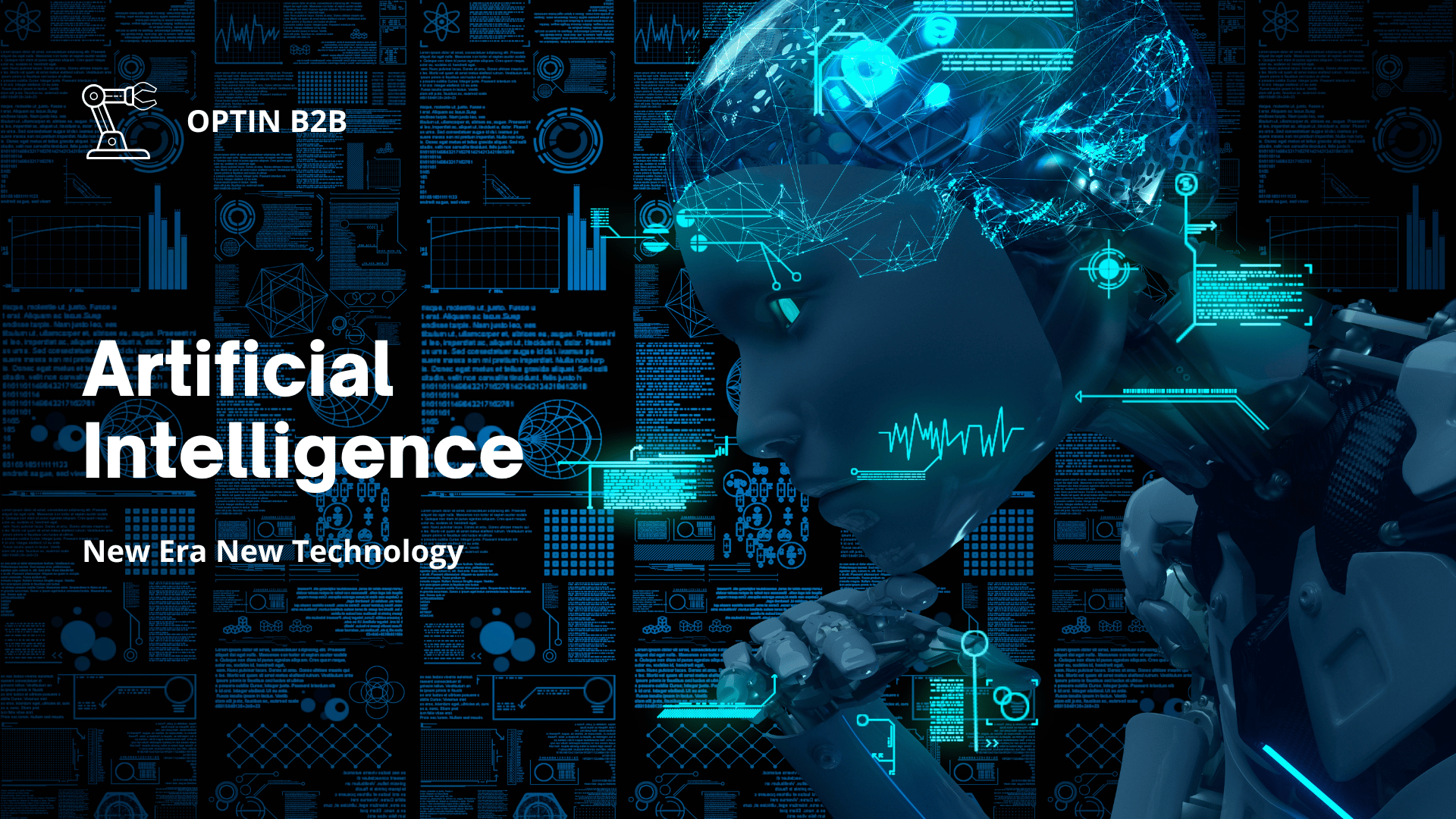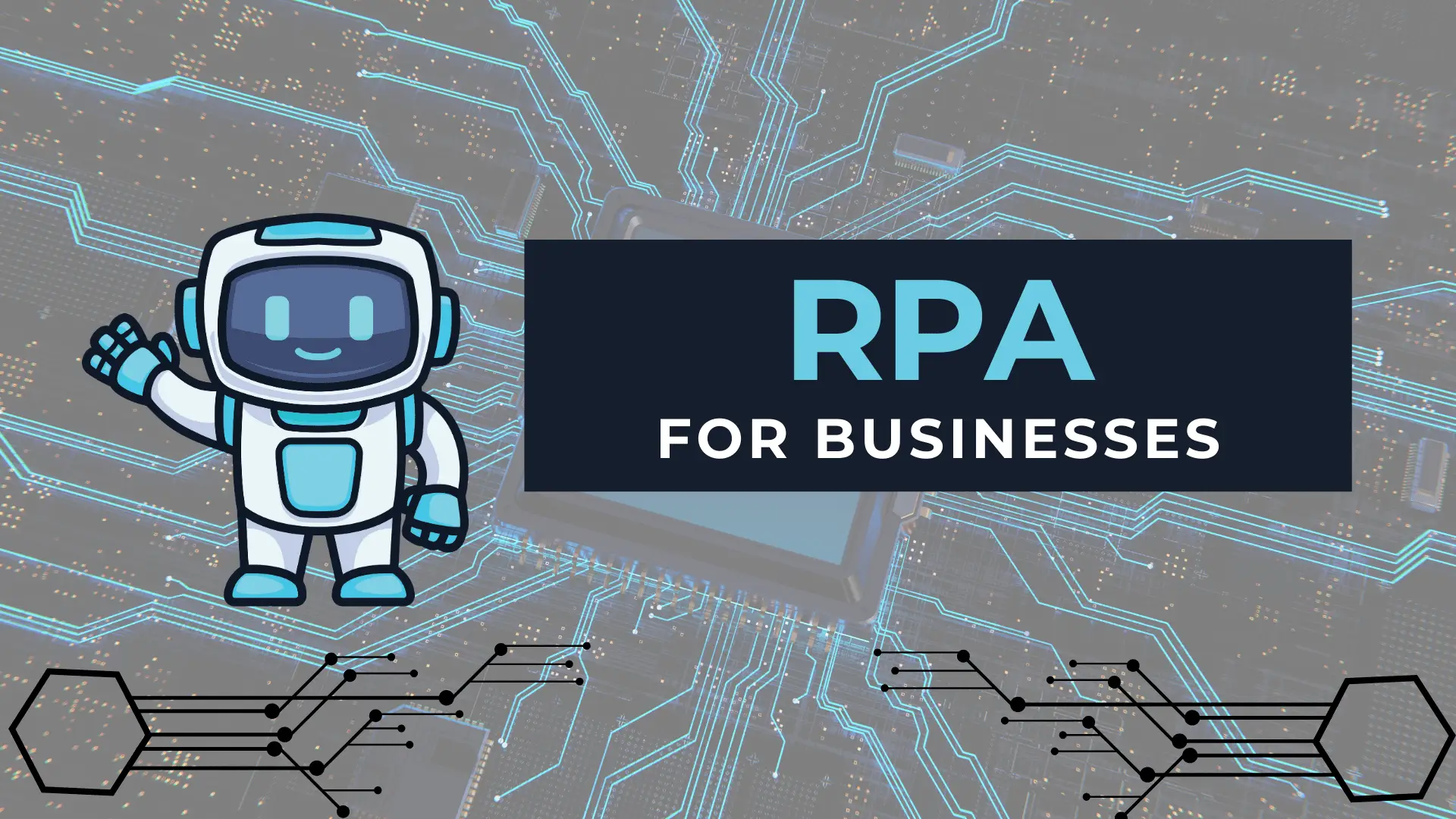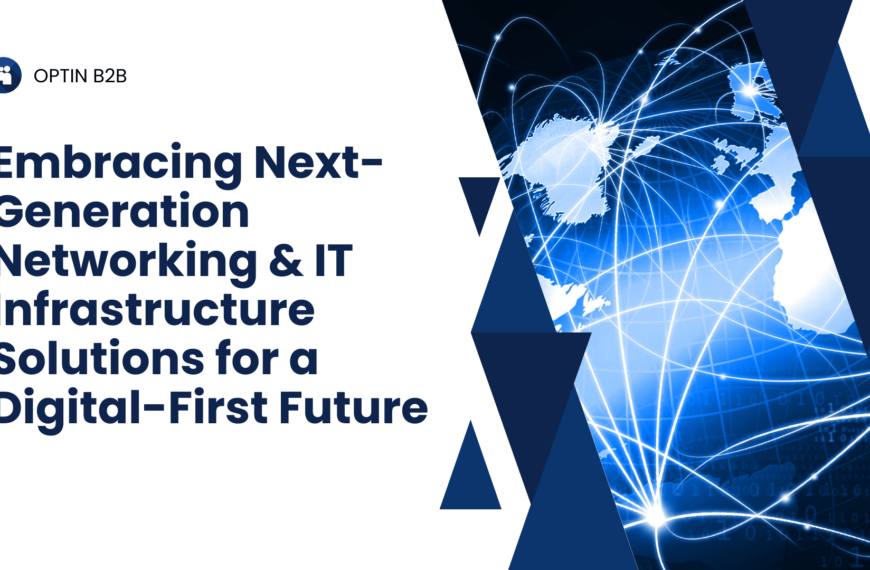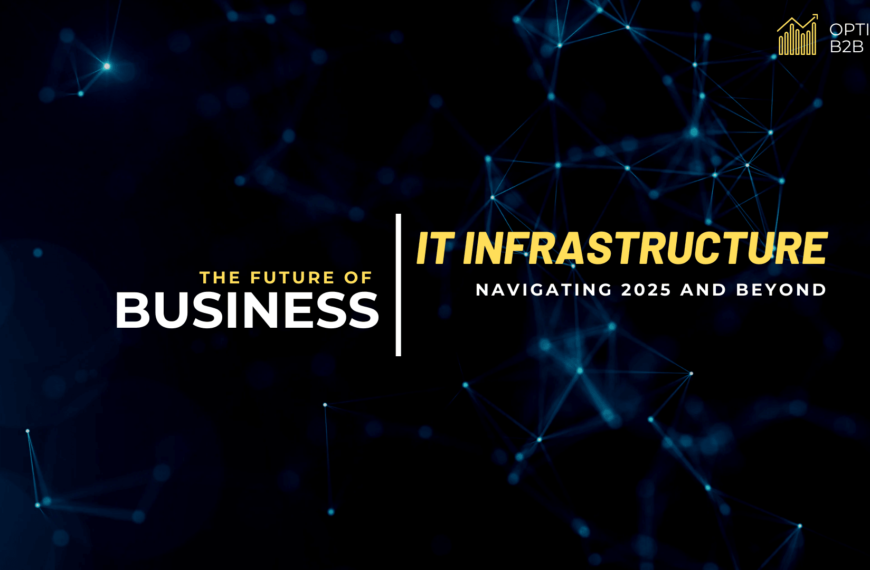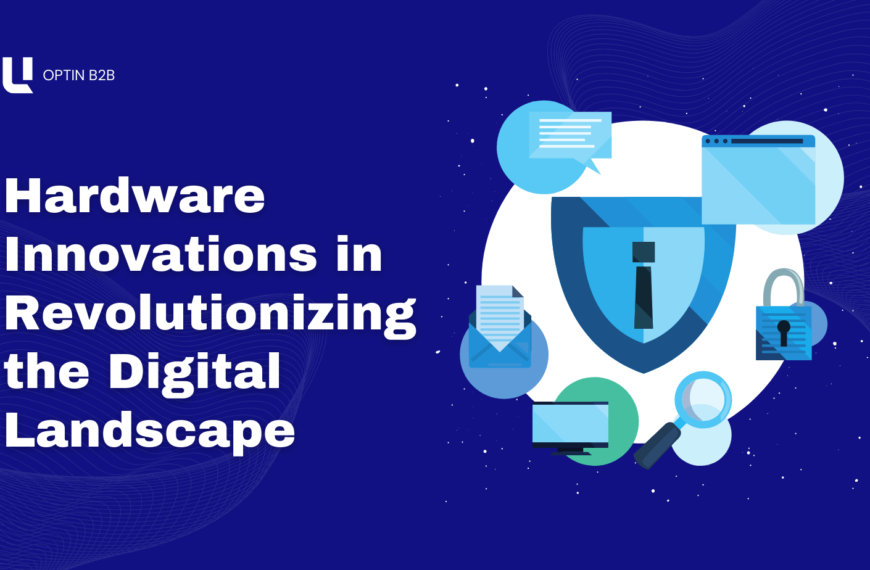The rise of Artificial Intelligence (AI) and Machine Learning (ML) is fundamentally transforming industries, setting the stage for unprecedented innovation and efficiency. These technologies, driven by advancements in computational power and data analytics, are empowering organizations to make smarter decisions, reduce operational costs, and deliver exceptional customer experiences.
In the realm of financial services, AI is redefining risk assessment and fraud detection. JPMorgan Chase, for instance, employs ML algorithms to analyze financial transactions and detect anomalies, significantly improving security. Additionally, robo-advisors like those from Betterment and Wealthfront provide personalized investment strategies, helping users achieve financial goals with ease and precision.
AI and ML have also made substantial impacts on the healthcare industry. Tools like those developed by IBM Watson Health are aiding in early disease detection by analyzing medical records and identifying patterns that might go unnoticed by human clinicians. These technologies are also being used to streamline administrative processes, freeing up healthcare professionals to focus on patient care.
In the automotive sector, companies like Tesla and Waymo are spearheading innovations in autonomous driving. AI-driven systems are enhancing vehicle safety by predicting potential collisions and making split-second decisions. This technology is not only improving the driving experience but also laying the groundwork for a future where self-driving cars become the norm.
Retail is another industry undergoing significant AI-driven transformation. Walmart and Zara are leveraging ML to optimize inventory management and predict consumer demand. AI-powered recommendation engines, like those used by Amazon, are increasing conversion rates by providing customers with tailored product suggestions.
Manufacturing is no stranger to the benefits of AI, with companies like Siemens implementing AI-driven predictive maintenance solutions. These systems analyze equipment data to anticipate failures, thereby minimizing downtime and maximizing productivity. Robotics powered by ML algorithms are automating complex tasks, ensuring precision and efficiency in production lines.
As AI and ML continue to evolve, businesses face challenges such as ethical concerns, data privacy, and skill gaps. However, these hurdles are surmountable with strategic investments in education, transparent governance, and robust security measures.
The transformative potential of AI and ML is undeniable, offering businesses opportunities to innovate and thrive in an increasingly competitive landscape. By adopting these technologies, companies can not only meet current demands but also shape the future of their respective industries.

